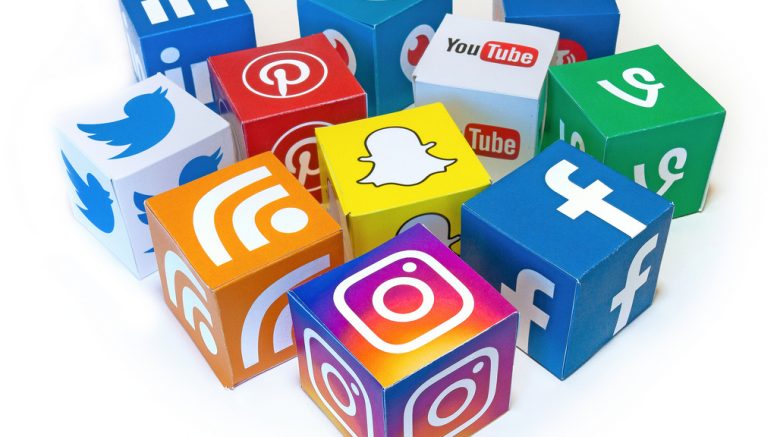Since World Mental Health Day just passed by, the word ‘happy’ has been on my mind. When social media days began to emerge, I was in favour of them – we had the unimaginable, immense power of social media, the ability to mobilise thought and action with no boundaries, across the world! Why should we not appreciate pets and the joy they bring to our lives? Or siblings or families? On more serious topics as well, such as women’s day, or world environment day, I appreciated that social media days are a powerful vehicle for discovery, expression, and community-building.
World Mental Health Day this year made me stop. And reconsider. Have social media days become a cursory tick in the box, for articles and posts to be produced? Just affix the word ‘Happy’ before any day and it’s enough. Happy Women’s Day. Happy Siblings Day. Happy Pride Month. It is especially ironic in the context of World Mental Health Day, where the deeply complex construct of ‘happiness’ itself is the crux of the issue.
‘Happy’ has become a crutch to avoid the deeper thinking and confrontation that these social media days were conceived for. What are organisations really doing about mental health, beyond duvet days, period leave and on-call counselors that operate from glorified call centers at best? How has World Mental Health Day helped anyone become any more aware, other than the fact that they all now know that mental health is important, and perhaps can be used in a salary or sabbatical negotiation?
While social media days are fun for employee engagement, and generating buzz on social media, they now risk seriously undermining real issues, and have become counter-productive to their raison d’etre or reason for being. They’ve become an occasion to whitewash, greenwash and gloss over the complexities of the topic with clever words, media publicity and eye-catching graphics. When social media days are used for marketing, this is an epic failure of massive repercussions. For example, women receive notifications for shopping discounts on women’s day, reinforcing every stereotype that people have fought to remove and reducing the efforts and progress that policy advocates and social reformers made over decades. The campaigns, activities and social media posts are ironical, because let’s be honest, does a woman want to be wished Happy Women’s Day? She wants to be appreciated for her skill, to get promoted, earn equal pay, and get tax breaks on maids, nannies, daycare, cooks and elder care services. Or does someone struggling with a mental health issue want to be wished Happy World Mental Health Day? They want access to affordable and qualified therapists, funding for specialist care and medication, and they want their co-workers and managers to have a real understanding of what their worlds are like to live in.
Any celebration or campaign that starts with the word ‘Happy’ must raise an alarm. When we confront the superficiality of the word happy, and try to express the day in any other way, only then we fulfil the real intention of the day. I’m not against social media days; as I said in the beginning, they remain a powerful vehicle for discovery, expression, and community-building.
Management, corporate communications, and marketing teams would do well to take a stand on the issues they really believe in and want to dedicate their resources and energies towards. Consider the actions that you will take towards these issues, and progress on them whether or not a publicity day exists for them. If you must have social media days on your strategy, select the days based on the convictions you have as a company, and treat them as an opportunity to mobilise, which is what they are. This means that all the ground work must be done prior. If environment is important to your company, makes sure your strategic initiatives are in place, that your footprint is being monitored, that a team of professionals (not employee volunteers!) are engaged in furthering these steps in a determined manner. Then use World Environment Day as an opportunity mobilise interest and kick off initiatives, and harness the interest mobilised from employees and stakeholders to ongoing actions over the year.
The word happy makes me worry, and it should make everyone worry. It means we choose not to think, and that’s a dangerous place for any society to be.
The views and opinions published here belong to the author and do not necessarily reflect the views and opinions of the publisher.



Be the first to comment on "Happy Social Media Days"